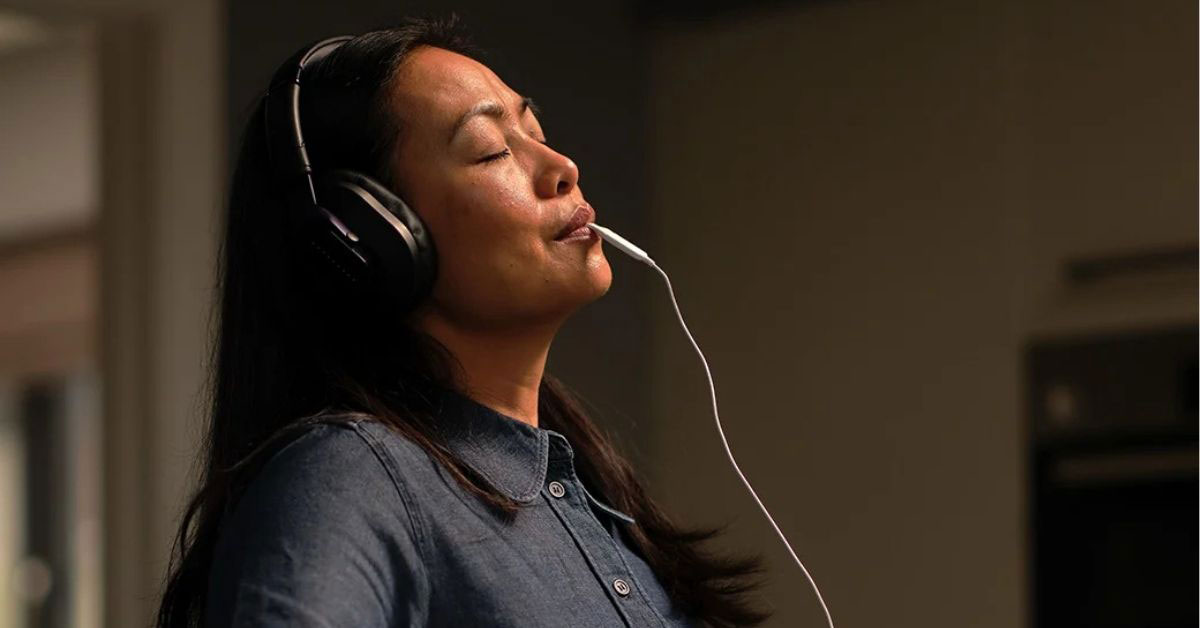Project HOPE is a global health and humanitarian organization, working side-by-side with local health workers and communities to save lives and improve the health and well-being of people around the world.

It’s no secret that healthcare workers are at the end of their rope. Over three years into a global pandemic, people are leaving the field (or traveling to other places to work) at unprecedented rates.
In fact, the World Health Organization estimates that the world will be short 10 million healthcare workers by 2030 — particularly in low- and middle-income countries.
Difficult working conditions coupled with high rates of anxiety and depression (over one in three health workers have suffered from these conditions since the start of the COVID-19 pandemic) not only impact worker retention, but also the wellbeing of individual humans who deserve their own health and safety.
Access to mental health services is more vital than ever, and Project HOPE has a solution.
The organization, which provides humanitarian assistance across the globe and especially supports global health initiatives, has created and implemented a training program for health workers on mental health and resiliency.

The training teaches health workers how to avoid and cope with burnout, skills to handle stress, PTSD, and anxiety, and practice self-care.
Project HOPE program officer Rawan Hamadeh says the training curriculum covers five main learning objectives.
These include stress, trauma, and resiliency; personal and professional wellness; the impact of stress on health workers; how to seek help for oneself and others; and the development of resilience programs and systems within individual hospital and care environments.
Beyond the U.S., the training program has been adapted and implemented across 41 countries and has reached over 100,000 healthcare workers since the start of the pandemic. This includes countries like Indonesia, the Philippines, Bangladesh, South Africa, Ghana, Sierra Leone, and more.
“One of the key successes of this project was the collaboration with local implementing partners instead of having international organizations and speakers implement the training,” Hamadeh told Good Good Good.
“Relying on local experts and resources made it easier to get the approval and endorsement of governments and made healthcare workers connect with the facilitator of the session. Project HOPE’s mission is to place power in the hands of healthcare workers, and this project is the best actualization of the mission.”

Large-scale projects like this are certainly only one piece of the puzzle, but they lay a foundation for long-term solutions to healthcare burnout, giving leaders the tools to create their own systems in ways that work best for their communities and cultures.
With this in mind, the curriculum was translated into over 15 languages and has undergone several rounds of review by local mental health experts, academics, and health departments in their respective countries.
“The curriculum was reviewed and edited to be culturally appropriate and to include examples, exercises, and local resources that are relevant to the target population, in addition to adding relevant studies and data whenever available,” Hamadeh said.
“We connected with the ministries of health and departments of mental health in most of the implementing countries to highlight the mental health needs of the health workforce and the importance of this initiative.”

It’s a milestone never seen on such a large scale. Over 40 diverse, individual local governments agreeing on a common goal: to support their healthcare workers.
“Being a mental health advocate, I consider that the silver lining of the pandemic is the global acknowledgement of the need to address healthcare wellbeing and shortage — and the huge losses that might happen if this topic is neglected,” Hamadeh said.
“One of the most important testimonials I heard from participants is that, as healthcare professionals, they are used to attending trainings to learn about patient care, however, it was the first time that they attended something targeting them, and not the patient. They are used to taking care of other people, but now they’ve learned something to take care of themselves.”





